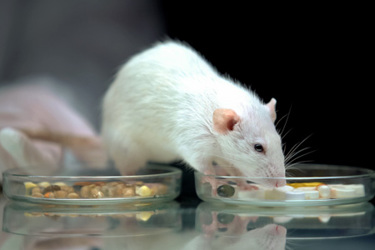Experimental λ-Carrageenan-Induced Inflammatory Pain Model For Testing Novel Analgesics

Chronic pain caused by inflammation and neuropathy remains a significant global clinical challenge. Over the years, several experimental animal models have been developed to study the underlying mechanisms of inflammatory chronic pain and to discover new analgesics. However, a reliable chronic inflammatory musculoskeletal pain model is still lacking. While many models focus on acute musculoskeletal inflammatory pain, most studies are limited to 3-4 weeks and do not extend into chronic phases. Carrageenan typically induces non-immune-mediated inflammation, while λ-Carrageenan, a water-soluble polysaccharide derived from marine plants like Gigartina aciculaire and Gigartina pistillata, causes acute inflammation and hyperalgesia in animal models when injected into tissues, but not when applied topically or ingested. The acute inflammatory response is marked by neutrophil accumulation in the perivascular space, alongside the local release of harmful chemicals like glutamate, prostaglandins, histamine, and serotonin, which sensitize primary afferent nerves and cause primary hyperalgesia.
Aragen Life Sciences provides a comprehensive range of preclinical models for screening therapeutics across various diseases. Our team of expert in vivo pharmacologists has developed robust and reproducible models of chronic pain, induced either through chemical agents or surgical procedures. Many clients have successfully used our λ-Carrageenan-induced inflammatory pain model for preclinical testing of promising analgesic candidates. Below, we detail the key steps and pharmacological validation of this experimental model.
Get unlimited access to:
Enter your credentials below to log in. Not yet a member of Pharmaceutical Online? Subscribe today.
